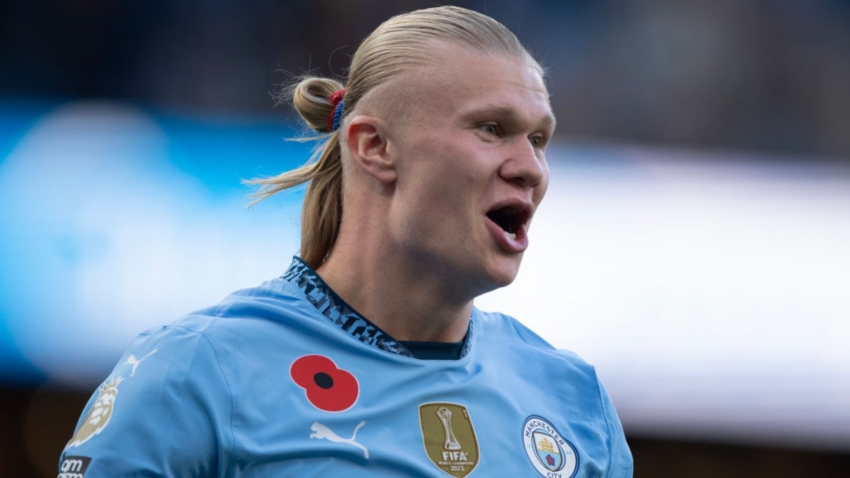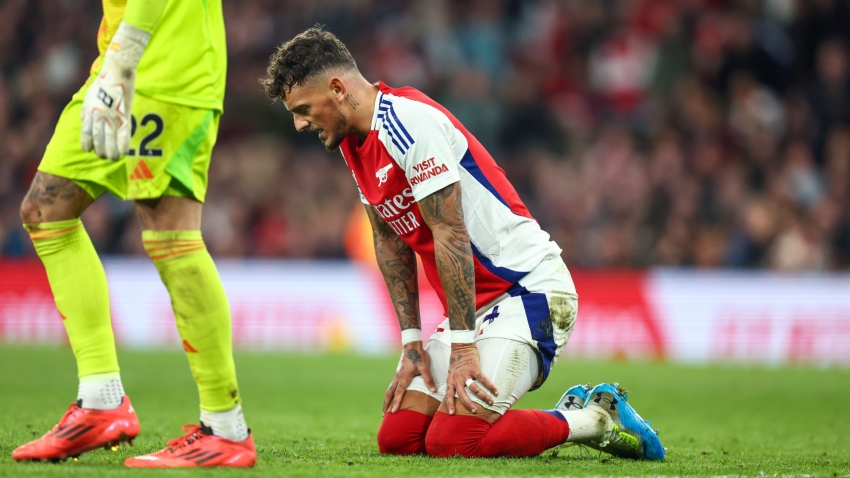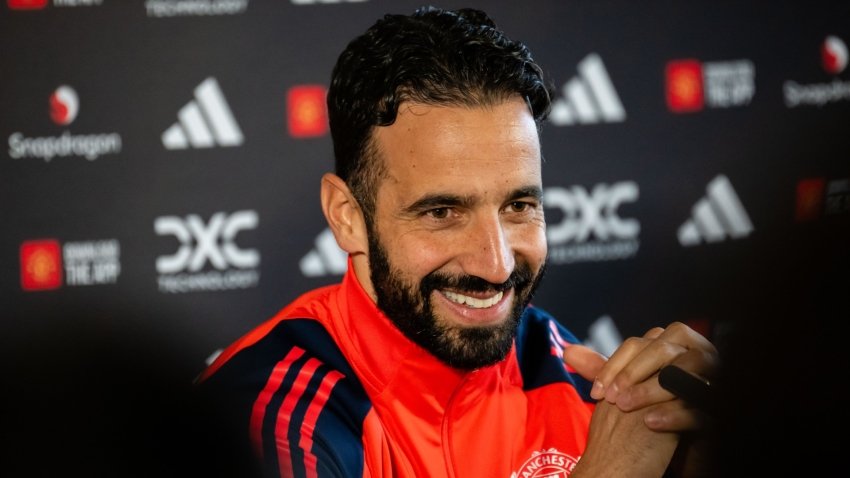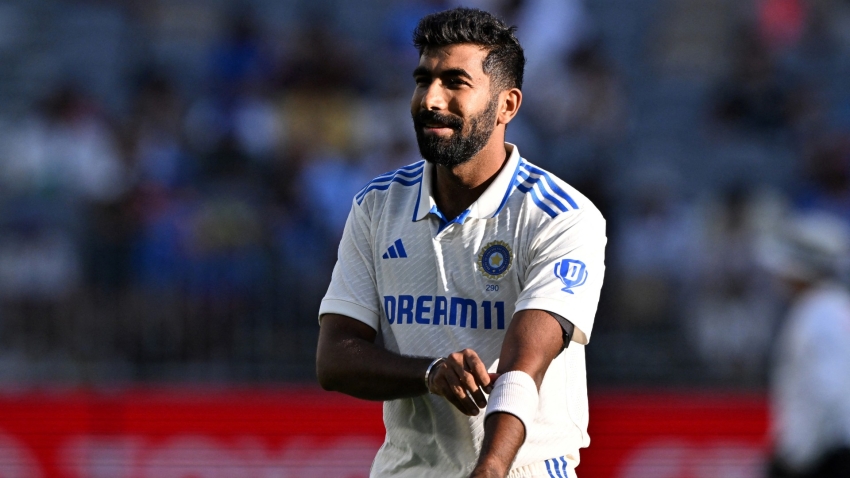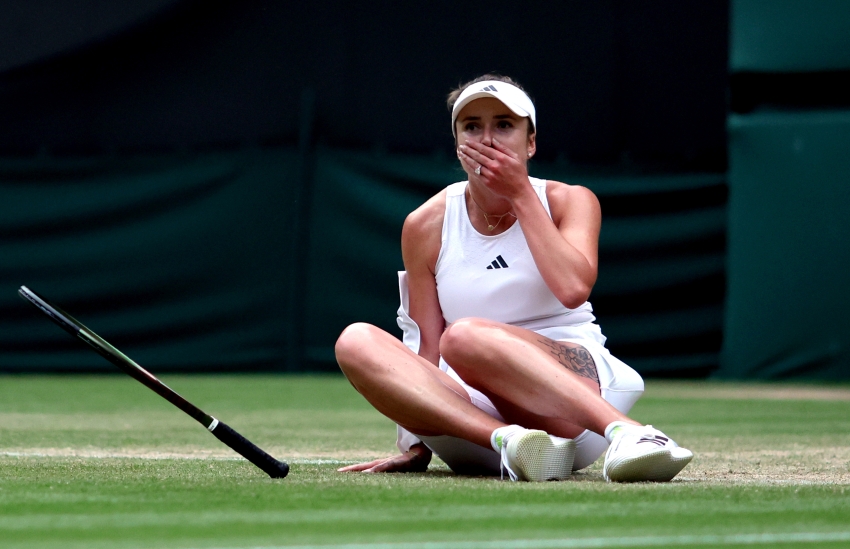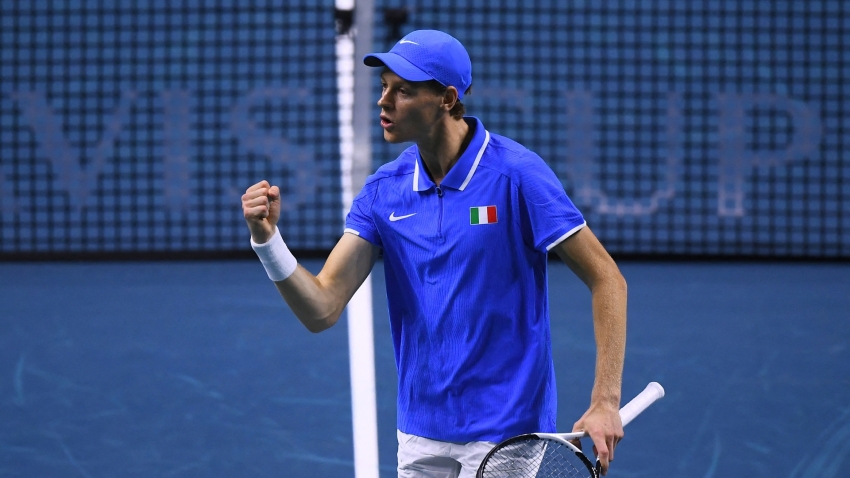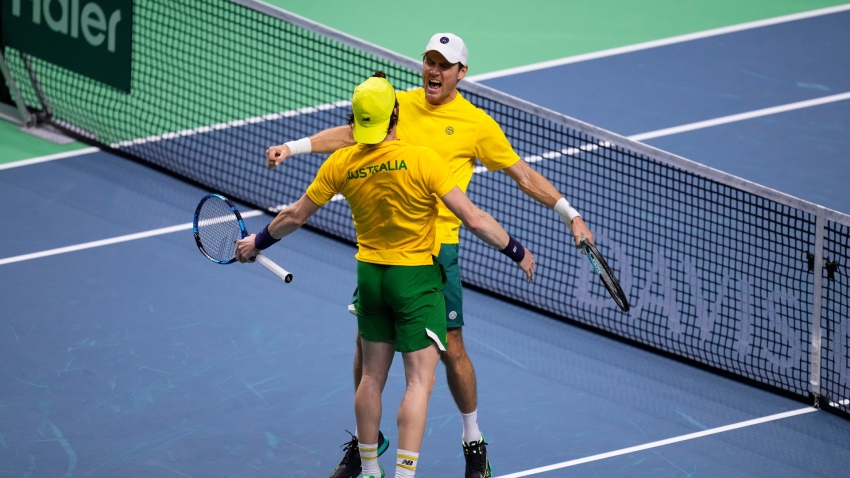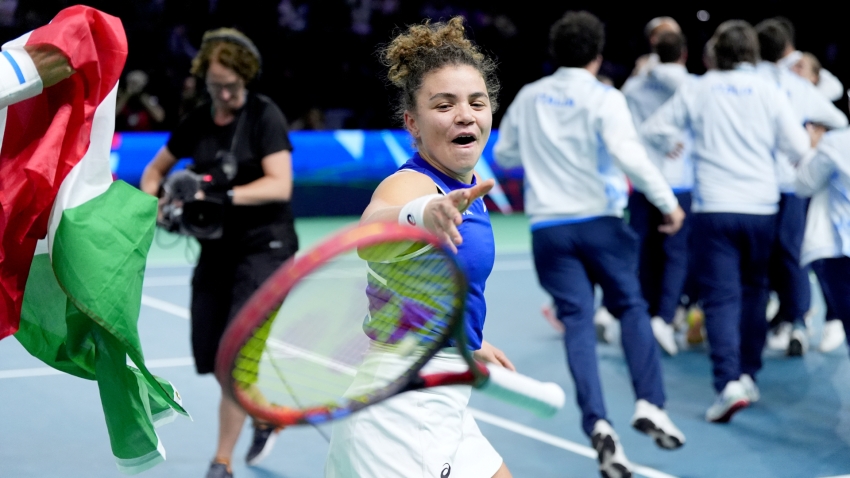Wimbledon chief executive Sally Bolton offered no guarantees that an earlier start time will be considered on Centre Court for next year’s tournament.
Matches involving Andy Murray and Novak Djokovic have both been forced into a second day because they have not finished before the 11pm curfew while Djokovic’s third-round match against Stan Wawrinka concluded with 14 minutes to spare.
Two years ago organisers cited Covid for the decision to stagger start times on the two main show courts, keeping Court One at 1pm and pushing Centre back to 1.30pm, while also adding breaks between the matches.
This had the consequence of making the final match of the day a prime-time occasion on the BBC and it appears very much that is now the goal, with Bolton reporting record viewing figures.
She did not seem to view the issue of the late finishes as a particular problem, saying: “Historically over many, many decades we’ve always started play on our show courts around early afternoon.
“And that’s very much about ensuring that people have the opportunity to get on court so, as much as is possible the case, we have full courts for when the players walk on, and that’s still absolutely our intention.
“And the other thing we think carefully about is, when people buy a ticket to come to Wimbledon, they want to experience a day at the Championships and that involves going and seeing some play on outside courts, perhaps going to get something to eat, getting some strawberries and cream.
“We understand that our guests want that whole day. Of course every year we look at everything and we get feedback from all of our guest groups, from the player groups and all of our stakeholders.
“We will have a look at that beyond this year’s Championships but that’s the real background to why we have the start time when we do.
“Matches are happening at a time when they’re accessible to people. We’re seeing (TV) viewing figures that are beyond our expectations and beyond previous years so I think they probably speak for themselves.”
Bolton denied the 1.30pm start time was directly influenced by the BBC, saying: “The broadcasters are one of the stakeholders we consult as we put together all the plans for the Championships but they’re not having a direct input into start time on a court.”
The curfew is imposed by the local council to prevent late-night disruption from people leaving the grounds in what is a quiet, residential area, and Bolton said the club would not look to try to extend it.
There will also be no instruction to umpires to inform crowds not to expect a handshake if a Ukrainian player faces a Russian or Belarusian.
Belarus’ Victoria Azarenka left Court One to deafening boos on Sunday night after acknowledging Svitolina with a raise of the racket, and was clearly furious at the reaction.
There were similar and repeated scenes at the French Open, and Svitolina believes tennis authorities need to act to ensure crowds are aware of the situation.
“We’ve no intention of doing that,” said Bolton. “Historically in tennis the decision on how a player reacts at the end of a match is entirely a personal decision for them and I think we don’t really want to start mandating what happens.
“I think we have an incredibly knowledgeable audience at Wimbledon and I think in the most part they would understand what was going on. I wouldn’t want to speculate on what everybody in the crowd was thinking last night.
“I would echo what Elina and Vika said. Having witnessed one of the most incredible matches on number one court to an absolutely rapt audience, we should be focusing on the tennis and the match we saw, not all of the other stuff that went on.”
The issue is unlikely to come up again, with Svitolina the only remaining Ukrainian and set to take on top seed Iga Swiatek next, while the Russians and Belarusians left are all in the other half of the draw.
It has been a strong showing from Russians and Belarusians following the lifting of last year’s ban, with seven making the fourth round across the men’s and women’s singles.
The prospect of the Princess of Wales giving a trophy to a player from one of the two countries was cited as a factor in last year’s ban, and that is a very real possibility.
“When we made the decision earlier this year to admit Russians and Belarusians, we thought really carefully about all of those things and, having made the decision to admit them, we are comfortable about how that plays out,” added Bolton.









